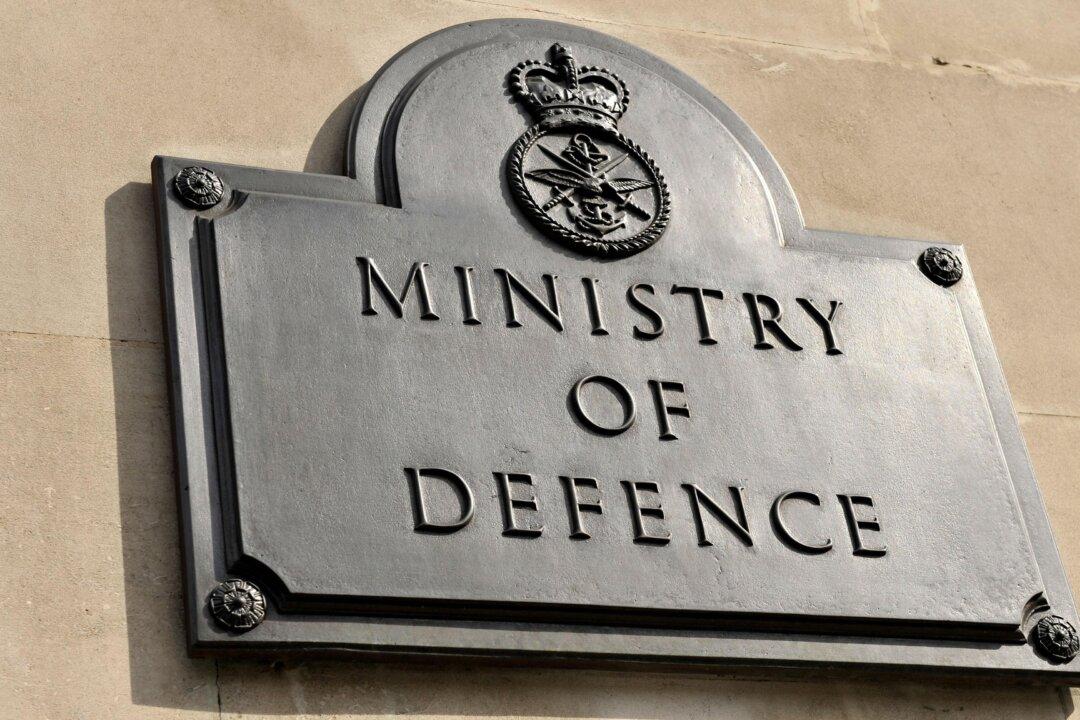Banks have been denying services to defence companies over environmental, social, and, governance (ESG) factors, according to a defence minister.
It comes amid ongoing suspicion that banks have been closing customers’ accounts over their political exposure or views.





